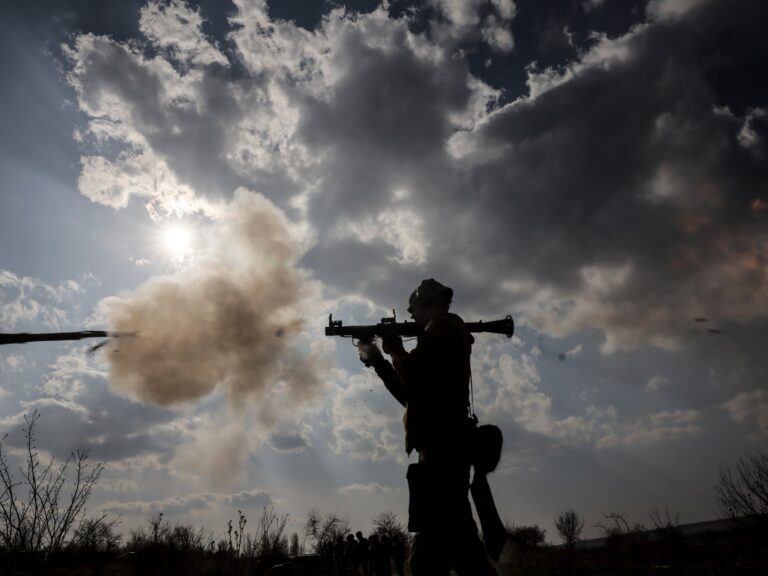More than 1 million people have been displaced in Haiti as gang violence rages, the UN says
Haiti’s internal displacement, driven mostly by gang violence, has tripled over the past year and now exceeds one million people – a record for the Caribbean nation, the United Nations migration agency says.
The International Organization for Migration (IOM) said on Tuesday that “brutal gang violence” in the capital, Port-au-Prince, has caused displacement to double and health and other services to collapse and deteriorate. food safety. Haiti is one of the poorest countries in the world.
“The latest data shows that 1,041,000 people, many of whom are repeatedly displaced, are struggling in an intensifying humanitarian crisis,” the Geneva-based agency said in a statement. Children make up more than half of the displaced.
The figure represents a tripling of displacement from 315,000 in December 2023, the International Organization for Migration (IOM) said.
Kennedy Okoth, a spokesman for the agency, told a UN briefing in Geneva that the forced return of nearly 200,000 people to Haiti over the past year, mostly from the neighboring Dominican Republic, has worsened the crisis. Both countries share the Caribbean island of Hispaniola.
Okoth said the number of displaced people in Port-au-Prince has increased from 73 to 108 in the past year.
At least 110 people have been killed in Haiti’s Cite Soleil slum after a gang leader targeted elderly people he suspected of causing his child’s illness through witchcraft, according to the National Network for the Defense of Human Rights.
The outgoing administration of US President Joe Biden has strongly supported and expanded the temporary status program that allows certain foreign nationals from countries such as El Salvador, Haiti and Venezuela to remain in the United States.
US President-elect Donald Trump and his running mate, JD Vance, have proposed scaling back the use of temporary status programs and policies as they continue mass deportations. US federal regulations will allow extensions to be terminated early, although this has never been done before.
Asked whether the IOM had any concerns about possible changes to such US protections, Okoth declined to comment on any specific country.
But he added that “deportation or any forced return to countries that are already facing increasing security and humanitarian challenges is not something that would benefit the group.”








